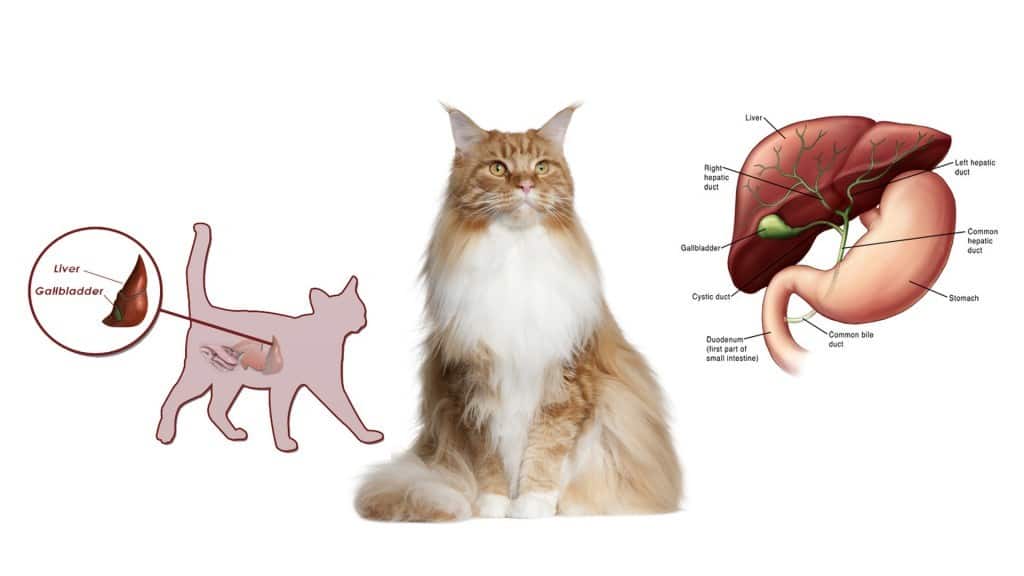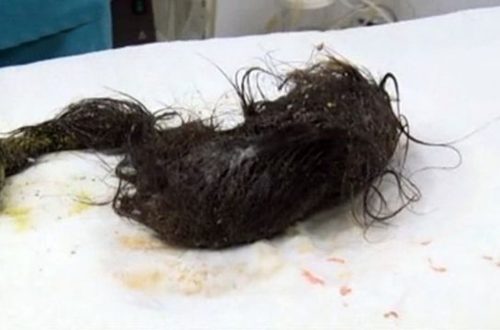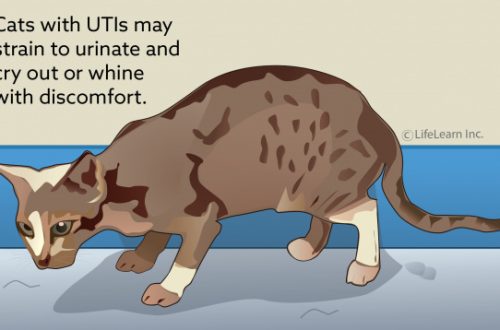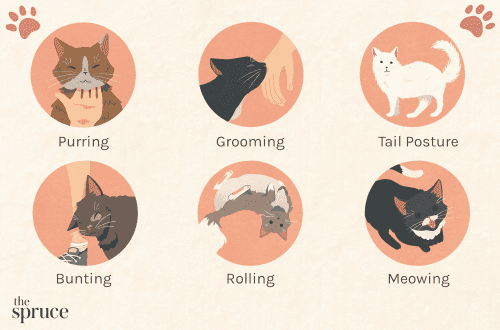
Liver hepatitis in a cat: symptoms and treatment
Hepatitis is an inflammation of the liver in cats. Infections affect liver cells, which leads to their death, and the connective tissues that appear in place of these cells can no longer perform the necessary functions. All this leads to an increase in the liver and disturbances in its work. How do you know if your pet is sick and needs treatment?
The liver performs many important functions in the body, such as regulating blood glucose levels and metabolism. That is why liver hepatitis, which disrupts its work, is so dangerous for a cat.
Causes of the disease
There are several types of hepatitis. They differ in the causes that cause the inflammatory process.
Toxic hepatitis. This type of hepatitis can be provoked by poisoning with mineral poisons, for example, when rodents are poisoned in the house. Substances that are dangerous are:
- arsenic,
- zoocoumarin,
- phosphide.
Toxic hepatitis in a cat can be caused by poisonous plants, industrial waste, and even food that has mold. An overdose of antibiotics is also dangerous for the development of hepatitis, so only the attending physician can prescribe any medication.
Infectious hepatitis in cats. It occurs as a complication after other diseases caused by parasites, bacteria and microbes. Often this type of hepatitis appears against the background of infectious peritonitis, but it can also develop as a primary disease.
Chronic hepatitis in cats. After the transition of the disease to the acute phase, there is a risk that the pet will develop chronic hepatitis. This can happen due to the following factors:
- untimely or incorrect treatment;
- consumption of spoiled food, for example, with mold, fungi, as well as food of questionable quality;
- regular poisoning with poisons;
- intoxication due to prolonged infection with worms or other parasites.
Chronic hepatitis in a cat is more difficult to treat, so it is important to see a doctor at the first sign of the disease.
Symptoms of Hepatitis in Cats
Symptoms of hepatitis can vary, depending on the condition of the cat, its age and the causes of the disease. But most often in an animal the following signs of hepatitis occur:
- yellowness of the skin, whites of the eyes and gums;
- lethargy;
- lack of appetite;
- severe weight loss;
- increased urination or increased thirst;
- dark urine;
- vomiting;
- elevated temperature;
- lacrimation;
- the presence of blood in the feces;
- restless behavior.
If a cat has at least two of these signs, you should see a doctor as soon as possible and start therapy. In advanced cases, without proper treatment, hepatitis can provoke the development of lipidosis, cirrhosis and other serious illnesses liver.
Treatment of hepatitis
After conducting an examination and studying the tests, the doctor diagnoses one form or another of hepatitis and prescribes treatment. First of all, measures are taken to stabilize the condition of the animal. To do this, the cat is transferred to a special diet with plenty of fluids. If she does not drink on her own, you should give her water or a special solution through a pipette or syringe. When diagnosing toxic hepatitis, treatment includes detoxification of the body.
In addition, the doctor prescribes drugs that restore the normal functioning of the liver, antibiotics, anti-inflammatory drugs and vitamin complexes. For humans, any type of feline hepatitis is not dangerous, but it is better to isolate the cat from other pets until the causes are clarified.
Preventive measures
To avoid the development of hepatitis and other serious diseases in a cat, you should:
- get vaccinated in a timely manner;
- monitor the nutrition of the animal – it must be of high quality and include the necessary minerals and trace elements;
- exclude self-treatment and uncontrolled use of antibiotics;
- limit self-walking of a pet;
- keep household chemicals in places inaccessible to cats;
- when carrying out disinfestation, make sure that the animal is not poisoned.
Like many diseases, hepatitis is easier to treat in its early stages, so it’s important to have regular check-ups with your veterinarian. So you can identify the problem in time and avoid complications.
See also:
- Caring for Your Cat’s Health with Clinically Tested Hill’s Diet Foods
- How to support the immunity and health of a cat
- The most common cat diseases: symptoms and treatment





